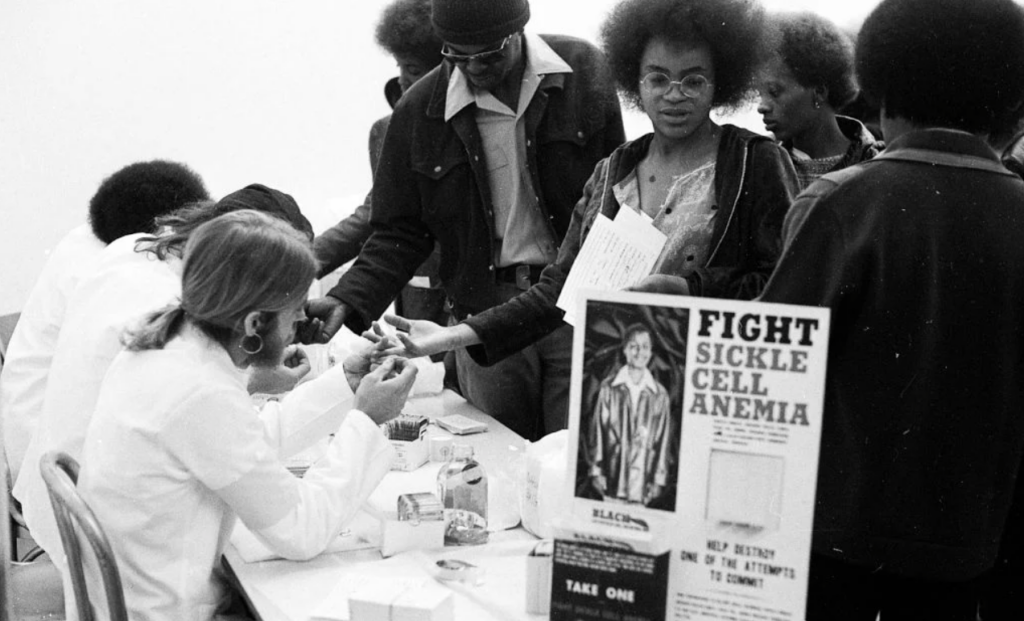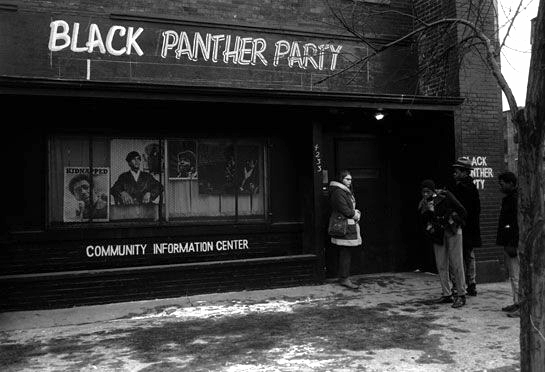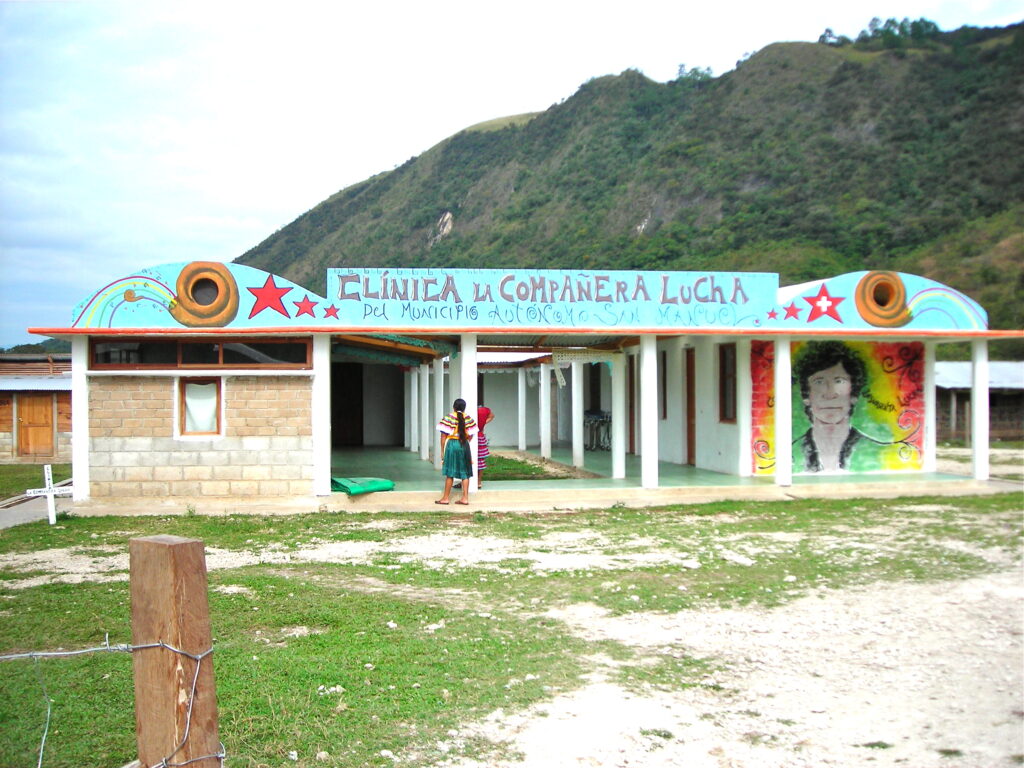
Raúl Zibechi
More than half a century ago the Black Panther party was probably one of the first organizations to launch an alternative health care system to that of the hegemonic system. The pamphlet “Medical Self-Defense. Black Panthers and Zapatistas,”* not only reveals the similarities between the two experiences in health care, but details the achievements of the U.S. Black movement.
The Black Panthers for Self-Defense party was formed in 1966 after the uprising of the black community Hunters Point in San Francisco, which was suppressed by the National Guard with bayonets in the same style that guerrillas were fought in the Vietnam War, as the head of the operation acknowledged.

The concept of “medical self-defense” was conceived as a defense against the medical and pharmaceutical device that reduced black communities to experimental fields, but also as a way of appropriating medical knowledge that reduced users to passive objects (patients), exercising material and symbolic violence against the most impoverished communities.
Since 1968 the Panthers opened clinics in black neighborhoods in several large cities, such as Chicago, Seattle, Kansas and Missouri, among the first, which they named People’s Free Clinics, which expanded to thirteen cities. They were embedded in a broad radical care movement driven by, among others, the feminist health movement. They were supported by volunteer medical personnel and were responsible not only for health care but also for education and organizing the population.
As part of their policy of self-determination of the Afro-descendant population, they decided that the communities should take health into their own hands, but at the same time they set up Survival Programs, highlighting primary schools, breakfasts, free legal advice and free health care, including a dental program, vaccination campaigns and housing cooperatives. They were very clear that this was not a matter of welfare but a step towards the construction of community power.
To equip the clinics, they had the support of medical personnel who donated radiology equipment and provided various services, such as pediatrics, training activists as laboratory technicians and first aid personnel. In this way, some Black Panther clinics were able to treat 100 patients per week.
One particular case is that of acupuncture. Two groups from the party traveled to China for training, which allowed them to learn acupuncture, which they later practiced as a technique to treat addictions and post-traumatic stress. It was this movement that introduced acupuncture to the United States.
They organized community survival conferences that lasted several days as block parties and collective modes of protest, discussing Black history and promoting free clinics. They secured a bus for prison visits by family and friends of the incarcerated, in addition to providing thousands of free tests for sickle cell anemia, which mainly affects black communities and which at the time was not being addressed by the government.

As the cited work points out, “the Panthers had an enormous influence on health initiatives that overflowed the organization itself and its years of activity.”
I consider this to be a central issue. The influence of the Panthers transcends geographies and calendars, as does the Zapatista movement. The achievements of the black movement are more than 50 years old and we are only now being able to recover them and appreciate their importance.
It is still early to comprehend the significance of Zapatismo. We know that it has had an impact all over the world. That autonomies are growing in every corner of the Latin American continent. That its legitimacy and prestige go beyond Mexican borders. Even so, it will be years before we can assume that we are before one of the revolutions that transformed the way of doing things of the people, the political culture of those from below.
*https://www.academia.edu/43188562/Autodefensa_M%C3%A9dica_Panteras_Negras_y_Zapatistas_Zineditorial
Originally Published in Spanish by Desinformemonos, Monday, May 15, 2023, https://desinformemonos.org/salud-rebelde-y-movimientos-anti-capitalistas/
English interpretation by the Chiapas Support Committee. Reposted with permission by Schools for Chiapas.
